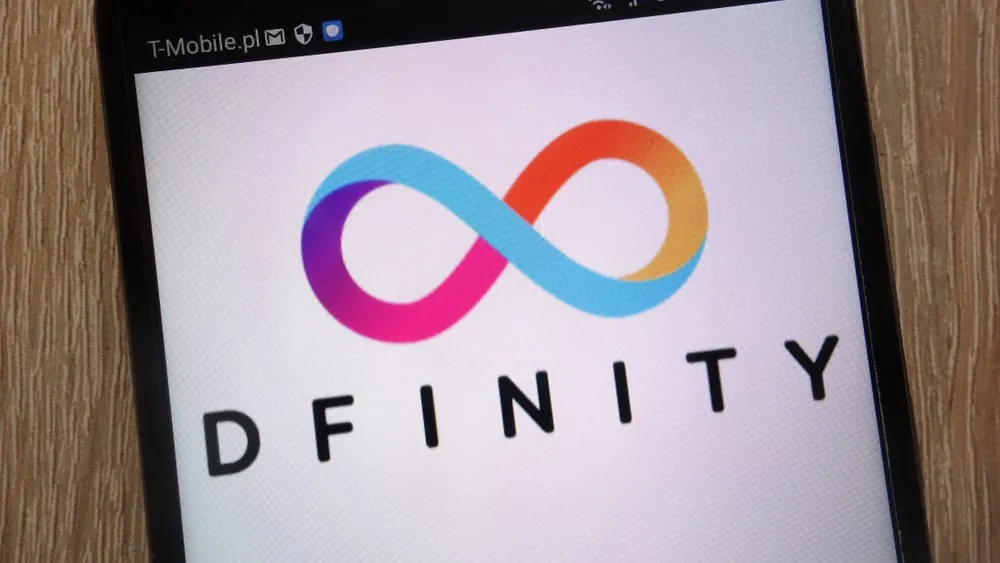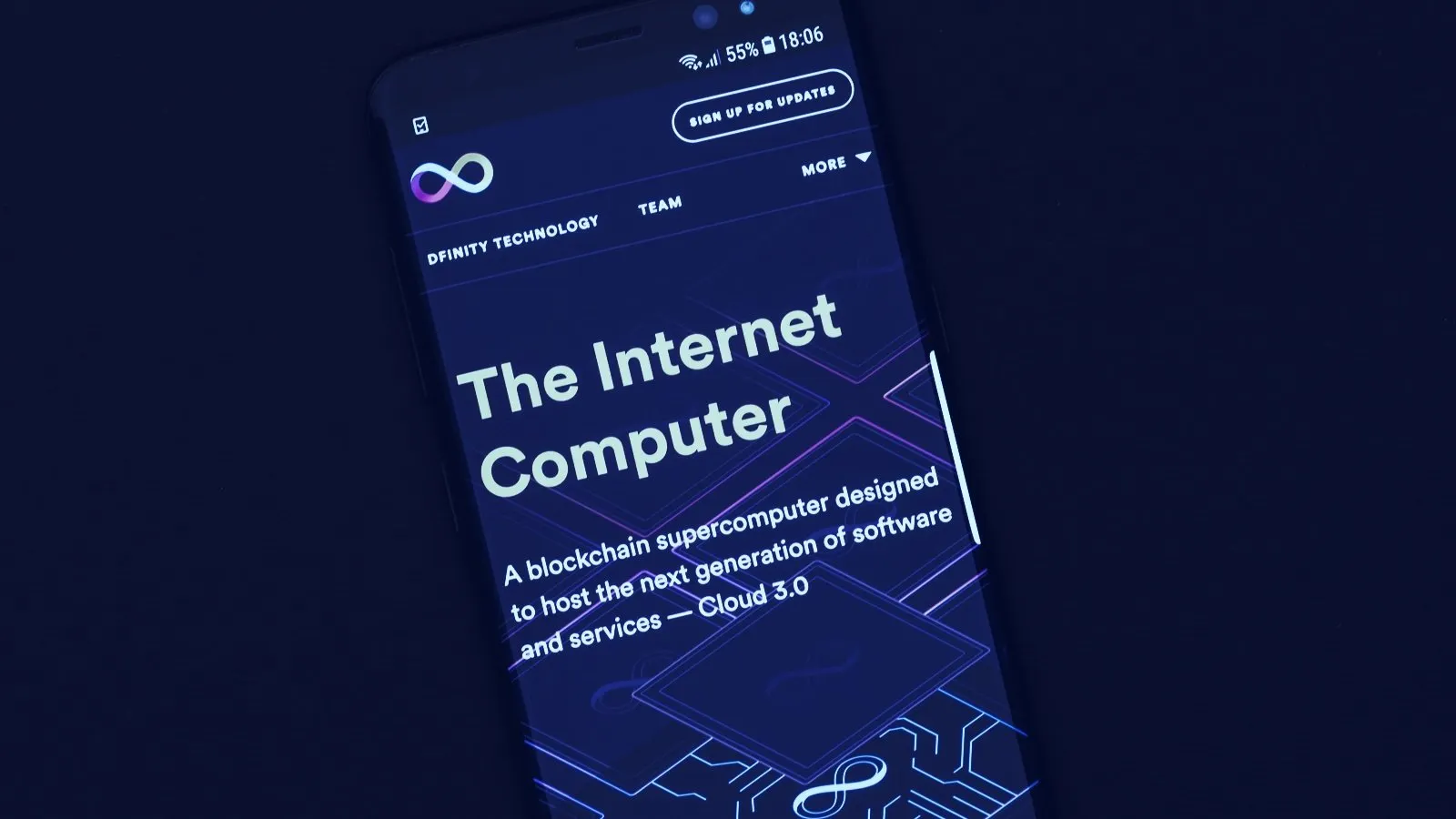In brief
- The Dfinity Foundation has unveiled a governance system for its upcoming decentralized internet protocol.
- The governance network, dubbed Network Nervous System (NNS), will power the protocol and allow users to vote on its future.
- Known as the Internet Computer, Dfinity aims to demonopolize the internet from the hands of big tech.
The Dfinity Foundation, a blockchain-based cloud computing firm striving to establish a decentralized internet, today revealed the Network Nervous System (NNS)—the brain that it hopes will power the decentralized web.
Backed by venture capital monoliths, including Andreessen Horowitz and Polychain Capital, Dfinity aims to launch the so-called "Internet Computer"—the alias for its decentralized web—later this year. The shipping of the NNS, otherwise known as the Sodium Network, stands the final milestone toward this launch goal.
"The NNS now means the Internet Computer is feature complete," said Dominic Williams, Founder and Chief Scientist of the DFINITY Foundation. "It represents a seminal moment in the history of the internet. For the first time, internet services will be governed in a completely independent, decentralized manner."

At its core, the NNS is a governance system that regulates Dfinity's litany of data centers, providing everything the network needs to build an open internet, including a decentralized finance (DeFi) sector, along with a host of decentralized apps (Dapps) and pan-industry enterprise systems—all of which, Dfinity says, will be highly scalable.
The NNS governance system will run on a native token, dubbed ICP. These tokens fuel Dfinity's decentralized web, akin to how ETH provides gas for the Ethereum network. ICP can also be used to participate in governance, allowing holders to vote on the proposals that will shape the future of the Internet Computer.
Williams explained that Dfinity devised the Internet Computer as a means of breaking the web monopoly of big tech and their centralized servers. "The NNS is the catalyst for the open internet we were promised in the 1990s, and it ensures that the future of the internet remains open and free," he said.
Instead of central servers, the Internet Computer would see the creation of a host of independent and distributed data centers, enabling software to be run by anyone, anywhere in the world. But can it move successfully from concept to reality?

